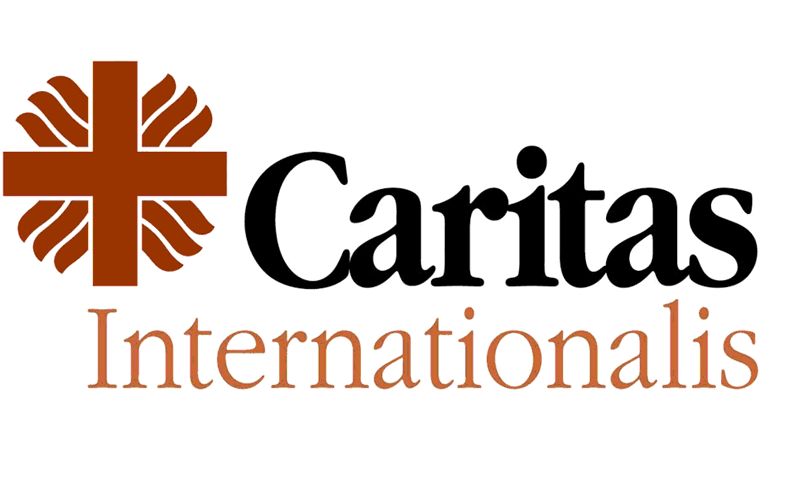Harare, 22 February, 2020 / 3:43 am (ACI Africa).
Almost a month after the World Food Programme (WFP) warned that a hunger crisis 'on scale we've not seen before' is looming in Southern Africa with 45 million people in need of urgent food aid, the global confederation of Catholic relief agencies, Caritas Internationalis, is helping, through its emergency programs, alleviate the hunger situation in Zambia and Zimbabwe, two of the most hard-hit countries.
Zambia, which is known to be a regional food basket is facing “one of its worst droughts in decades and 2.3 million people urgently need help.”
There, Caritas Internationalis is responding to the situation through a year-long emergency program run by the humanitarian and development arm of the Zambia Conference of Catholic Bishops (ZCCB), Caritas Zambia.
“Many families can’t even afford to eat one meal a day, crime has increased in affected areas and prices have also increased. Children are deeply affected as they either drop out of school to go and sell food for their families or they have poor concentration at school due to hunger. The lack of water has a triple effect on agriculture, health and nutrition,” Caritas Internationalis has stated.
According to the over 160-member confederation, “Not enough rain in the 2018-2019 period means that wells have dried up; families’ maize stores are empty and livestock have died in the south of the country.”








